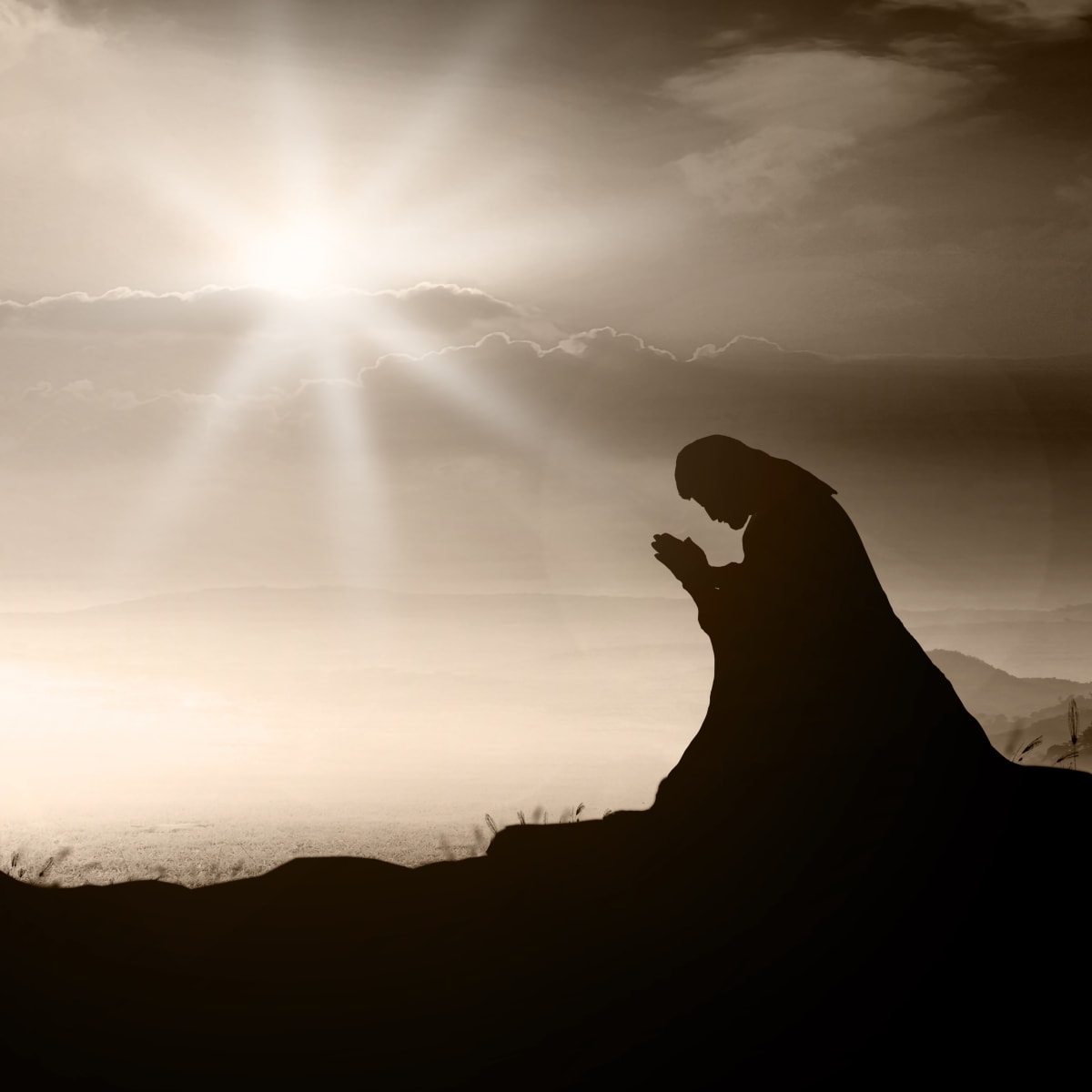Abel: The First Man of Faith Gen 4:3-12
Good morning Church,
I’m starting a series of messages from Hebrews 11 known as the “Hall of Faith.” I want to study people that God used in different ways because of their strong faith.
I love the Bible verse that says, “for without faith it is impossible to please God, because anyone who comes to Him must believe that He exists and that he rewards those who earnestly seek Him.”
The first person I want to look at is Abel, who was the second born son of Adam and Eve.
So much of Abel’s life is not recorded in scripture because his brother killed him at a young age. We have a longer account of Cain’s life and the destruction that followed him because of his disobedience to God and his hatred of his brother Abel.
The Old Testament records give us a glimpse of the sacrificial system of offerings that God required. There are five of them:
The burnt offering
The grain offering
The fellowship offering
The sin offering
The guilt offering.
It is believed that God required the fellowship offering and Cain offered the grain offering.
The communion service in Christian faith was instituted by Jesus Christ as a new way to remind us of our relationship with Him and the price that He paid for the forgiveness of our sins once for all. Hallelujah.
So the first lesson on faith is:
- Faith requires obedience to God. I get that from verse 7 “if you do what is right will you not be accepted?”
Faith cannot grow without obedience to God. God’s requirements are very specific especially when it came to the offerings. These offerings were not negotiable, and they all had great meaning which kept the relationship between God and man in it’s rightful place.
God still requires specific obedience to His word. There is only one way to God, and it is by Grace through Faith. Leave out faith and you have no relationship with God. Today there is a strong move toward establishing your own faith without God. Oprah Winfrey has a following of over two million people that endorse her tenets of faith and it has nothing to do with Biblical truth. Religion is popular when you leave out faith because it puts man in charge of his own destiny.
The second lesson on faith we learn is:
- Obedience is motivated by attitude.
I get that from vs. 5 “Cain was very angry and his face was downcast.”
People still get angry with God, even people that don’t believe in God. God has manifested himself in so many ways, and He is fully in control of this world. Yet so many people will not acknowledge His existence and power over this world. Abel not only acknowledged God, he desired communion with God. He was grateful to God and he found favor with God. Gratitude was part of his surrender in worship of God. Your attitude has so much to do with your growth and worship of God. It is possible to serve God with the wrong attitude.
Are you missing out in your faith journey because of an attitude issue?
The third lesson we learn in this account is:
- Keep short accounts with God:
I get that from vs. 7 “sin is crouching at your door, it desires to have you but you must master it.”
I like the language in this verse. I can visualize sin crouching at the door of people’s lives. But the good news is that in Jesus Christ we can overcome it. The key is that we keep short accounts with God and man, otherwise sin gets a hold on our lives and continues to lurk at our “doors” waiting to pounce on us and we aren’t even aware of the danger.
Abel had an anger issue. When anger is not surrendered to God it takes control of your life. The result of Abel’s anger led to murder and continued on to lying for the rest of his life.
Is there sin in your life that has mastery over you? Jealousy is a powerful sin. Often it goes undetected until it blows up. Anger is a powerful sin. Gossip is a powerful sin. I could go on but you get the picture. Often the most destructive sins in a person’s life are hidden.
The way you overcome these evils that crouch at your door is by surrender. Tell God you’re sorry and repent of your sin.
The fourth lesson we learn from this account
- Life is short.
Abel didn’t live a long life. In fact, the name Abel means “brevity of life”. Most of us live as though we are going to be here forever. But we’re to live each day as though it is our last. A great many people who are worried about adding years to their life, should try adding life to their years. How do we do that? By making every day a celebration of God’s goodness and by leaving a legacy of faith behind us for others to follow.
The legacy Abel left is: he was the first person in the human race to be killed for his obedience to God.
The Bible commends him as a righteous man and he still speaks to us about faith.
Thanks Abel, enjoy your reward of heaven.
Pastor Larry

